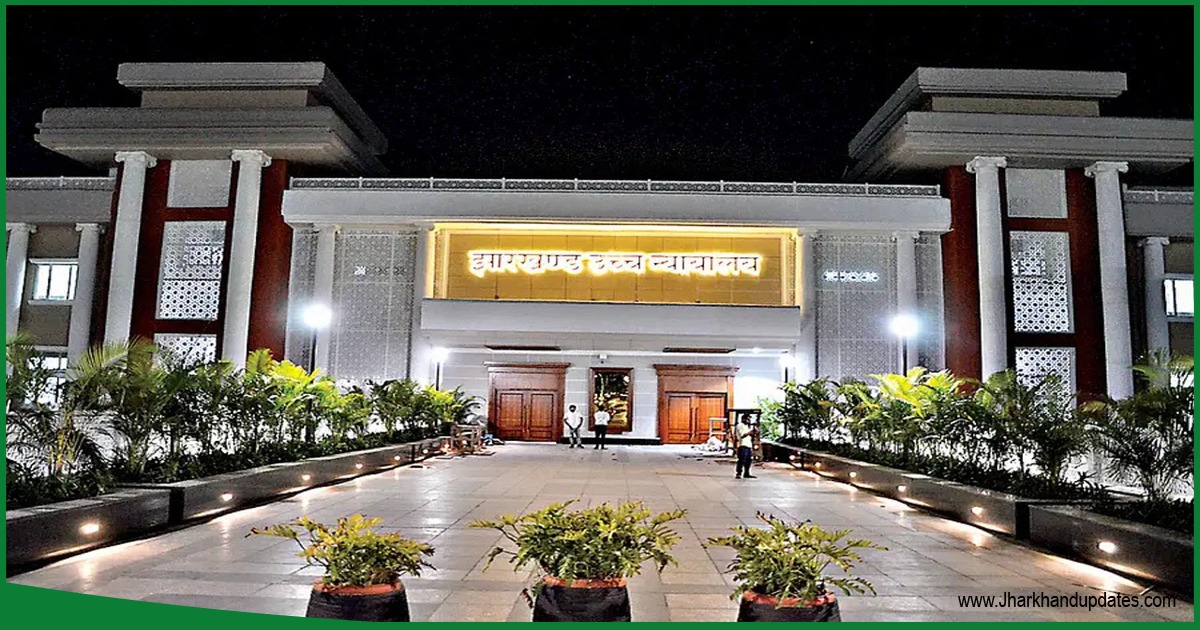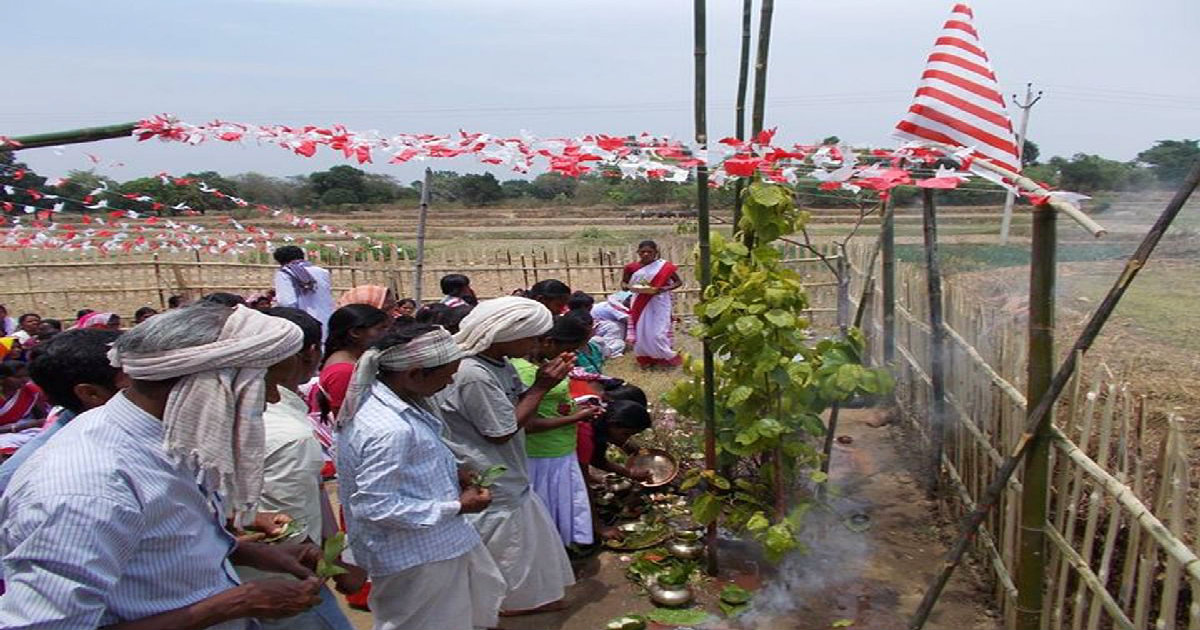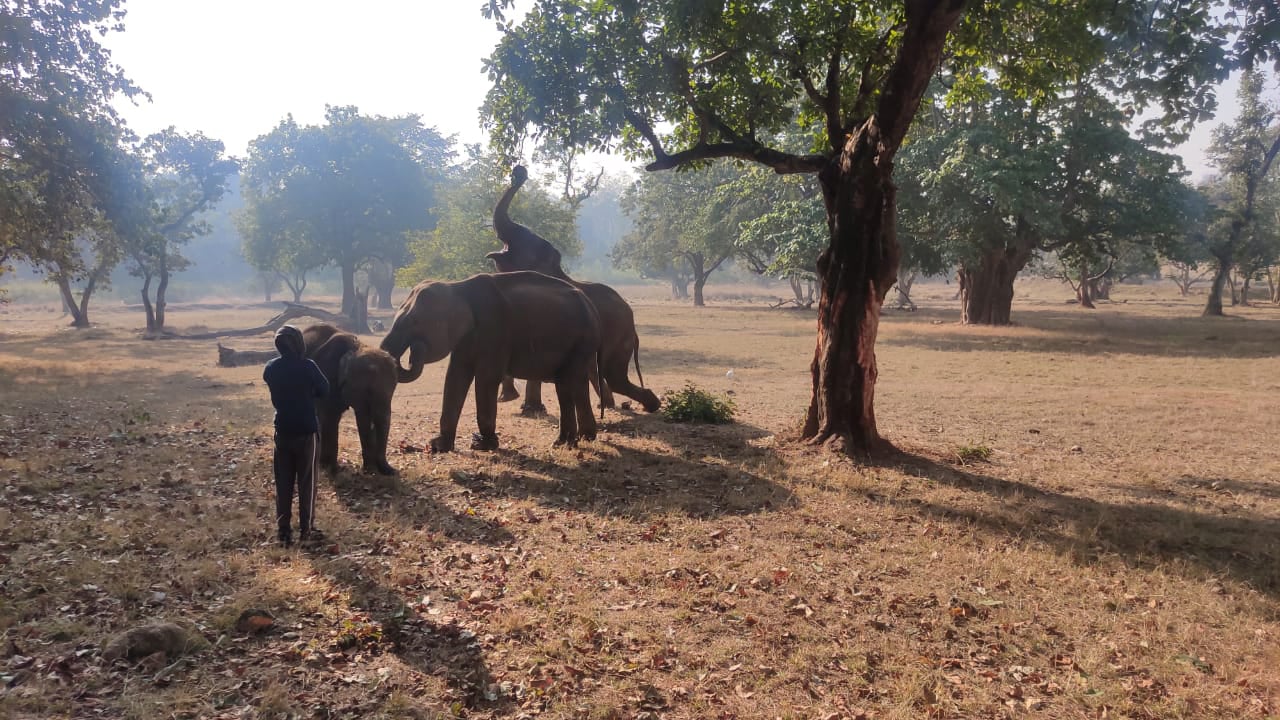The Jharkhand government on Wednesday passed a resolution demanding a separate Sarna Code for tribals. The resolution was passed unanimously during a special one-day session of the Assembly. The State government will now forward the resolution to the Centre for its approval and inclusion of Sarna as a separate religion in the Census of 2021. At present, they are not classified as a separate religious entity.
What is Sarna Religion
The Sarna faith believes in ‘Jal, Jungle, Zameen’ and its followers pray to nature. Jharkhand has 32 tribal groups of which eight are from Particularly Vulnerable Tribal Groups (PVTGs). With many tribals following Hindu religion and some converting to Christianity, various tribals organisations began with the demand for a separate code in order ‘to save religious identity’ of tribals.
In the last eight decades, the tribal population in Jharkhand has come down from 38.03% to 26.02%. Whereas the population for other religions grew by 11.13%. The letter sent by the Principal Secretary to the Chief Minister cited that one of the reasons for this decline was because tribals who go for work in different states were not recorded in the Census. In other states, they are not counted as Tribals, the letter said. It added that the separate code will ensure recording of their population.

The decline in tribal population thus has an impact on policies framed to benefit the tribal communities and also on constitutional provisions.
Several protests and meetings were held in the past by various tribal groups in Jharkhand and elsewhere to push the demand for a separate Sarna Code. It is believed that in 2011 Census, more than 40 lakh tribals in the country mentioned their religion as Sarna, although it was not a code and was then included in ‘others’ section. Under the Census 2001, there were six options under the religion column- Hindu, Muslim, Christian, Buddhist, Jain and Sikh.
The Sarna Code now passed in Jharkhand Assembly will address these problems faced by the tribals.











